
Audio By Carbonatix
The Olympics have come a long way since the inaugural edition of the modern Games was held in 1896, and it’s hard to imagine anyone who competed in Athens back then could come close to holding their own against the athletes who headed to Paris in 2024.
Advancements in training, nutrition, and technology mean Olympic and world records are constantly being broken whenever the Games are held, but there are some marks that are very, very hard to beat.
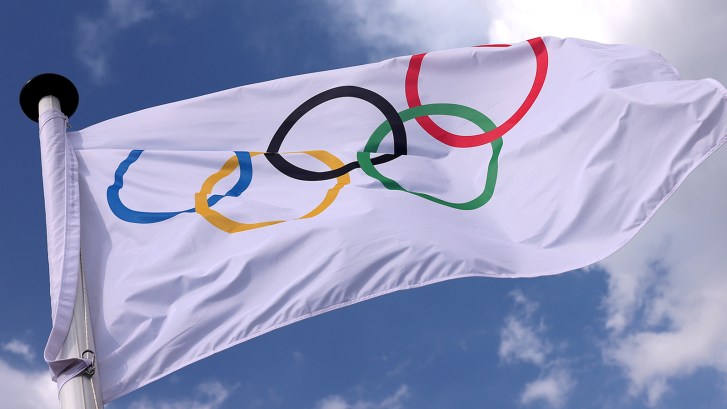
Getty Image
Every sports fan knows you never want to say never when it comes to predicting how things will play out, but there are still plenty of records that are seemingly unbreakable due to their impressive nature.
That’s the case at the Olympics, as there are a number of athletes who have dominated to the point where it’s difficult to imagine anyone will ever be able to top what they achieved while competing—including the ones who set some records that will probably never be beaten.
Most Appearances: Nino Salukvadze and Tim Millar (10)
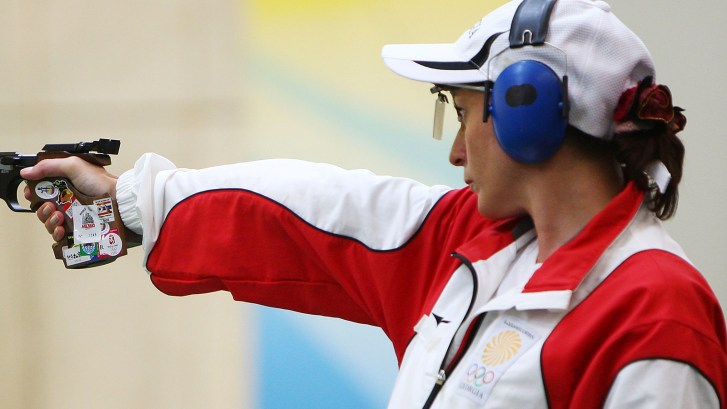
Getty Image
The vast majority of people on the planet can’t even brag about appearing in the Olympics a single time. However, there are two people who’ve managed to punch their ticket on 10 occasions.
The first is Tim Millar, a Canadian equestrian who competed in the Olympics for the first time in Munich in 1972 at the age of 25. Canada’s boycott of the 1980 Games in Moscow marked the only competition he missed before he rode for Canada for the tenth and final time in London in 2012 when he was 65 (he won a single medal—a silver in Beijing in 2008— during his run).
That’s also the case with Nino Salukvadze, who was 19 years old when she made her Olympic debut as a member of the Soviet Union in Seoul in 1988 before taking home a gold in the 25m air pistol competition (where she set a world record) and a silver in the 10m.
Salukvadze hasn’t missed an Olympics since then. In 1992, she competed on the Unified Team that was formed to accommodate athletes from the Soviet Union in the wake of its collapse before the Tbilisi native pledged her allegiance to Georgia in Atlanta in 1996.
Salukvadze (who also won a bronze in Beijing) said she was planning to retire after Tokyo but reversed that decision before heading to Paris in 2024 to tie Millar’s record. The 55-year-old insists she plans to walk away for good after doing so, but she’ll be able to set a new mark to beat and become the oldest women’s shooter to ever compete if she changes her mind before the Olympics head to Los Angeles in 2028.
Longest Gold Medal Streak: Aladar Gerevich (6)
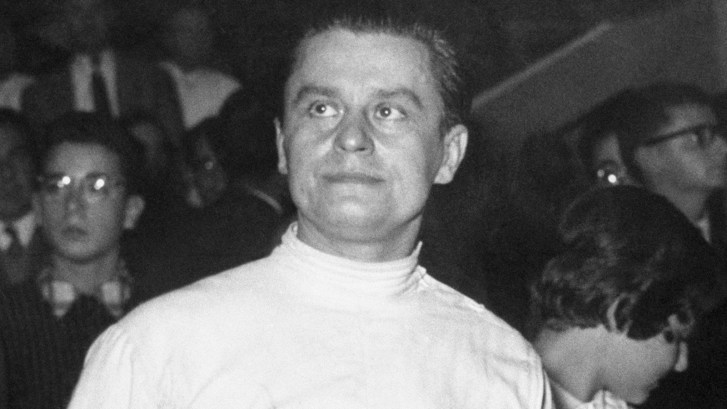
Getty Image
Millar and Salukvadze each managed to secure some hardware while competing in the Olympics for decades on end, but Hungarian fencer Aladar Gerevich is in a league of his own when it comes to a streak that cemented him as a legend.
Gerevich won his first gold medal in the team sabre competition after making his Olympic debut in Los Angeles in 1932, and that win marked the start of a run where he established himself as one of the most dominant fencers to ever pick up a sword.
How did he manage to do that? Well, Gerevich competed for Hungary in every Olympics from 1932 to 1960 (a span where they were called off twice due to World War II) and won at least one gold medal in the team or individual events in six consecutive competitions (he won two in London in 1948 and finished with seven golds, a silver, and two bronze).
Most Medals At A Single Olympics: United States (239)
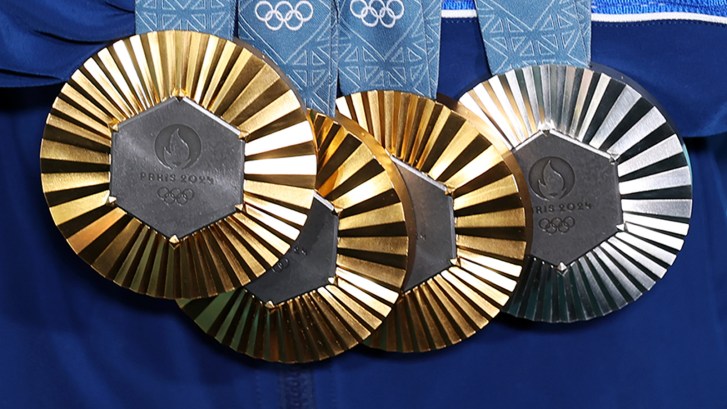
Getty Image
The United States hosted the third installment of the modern Olympics when the Games arrived in St. Louis in 1904, and it’s safe to say America cleaned up.
By the time the competition wrapped up. Team USA secured 78 gold, 82 silver, and 46 bronze medals—which represented 85% of all of the awards that were handed out on the podium—for a grand total of 239, a record that still stands to this day.
When you consider the United States respectively left Rio and Tokyo as the collective medal leader with 121 and 113, it’s hard to imagine any country is going to come close.
The Soviet Union did set the second-best mark by taking home 195 medals when the Olympics were held in Moscow, but it’s obviously worth noting only 80 countries competed after more than 60 boycotted the Games in the wake of the invasion of Afghanistan.
Most Gold And Overall Medals: Michael Phelps (23 and 28)
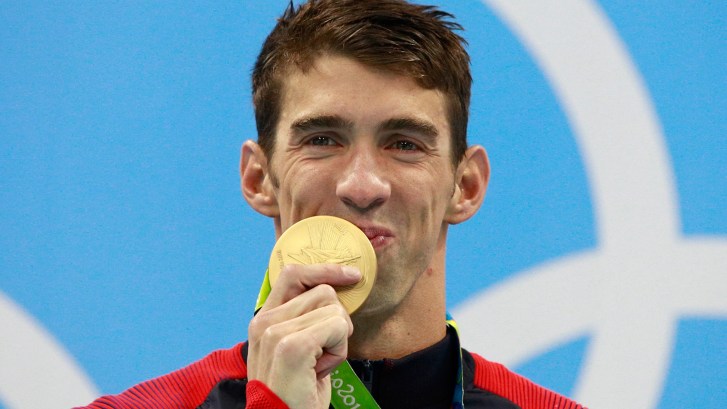
Getty Image
Michael Phelps is in the same class as Michael Jordan and Tiger Woods when it comes to athletes who don’t really need any introduction based on the impact they were able to make over the course of their careers.
Phelps is the most dominant swimmer in the history of the Olympics, as he racked up 23 gold medals and a grand total of 28 medals between 2004 and 2016 (he made his debut in Sydney in 2000 but didn’t come home with any hardware).
How out of reach are both of those records? Well, there are currently six people tied for second place in the gold medal category with…nine, while Soviet Union gymnast Larisa Latynina earns the silver in the overall column with 18.
Longest Long Jump: Bob Beamon (8.9 meters)
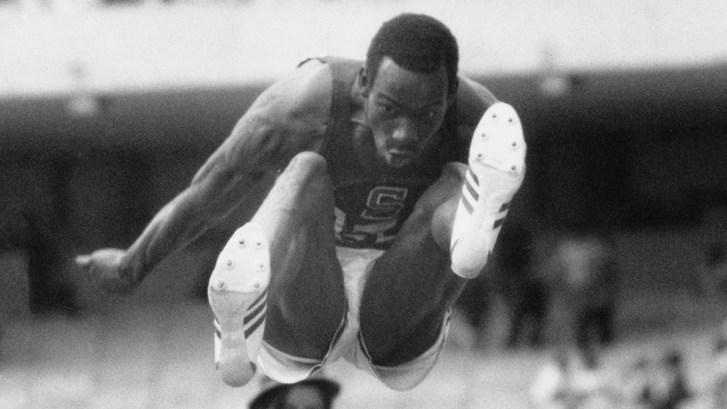
Getty Image
When the Olympics were held in Mexico City in 1968, American Ralph Boston held the world record in the long jump at 8.35 meters after setting it in 1965 (a mark that Igor Ter-Ovanesyan of the Soviet Union managed to match a couple of years later).
However, things took a wild turn when Bob Beamon proved there was a reason he’d headed to the Olympics as the favorite to take home the gold medal with a jump of 8.9 meters— a feat that broke the existing world record by close two feet.
There’s a chance someone will top the mark when you consider Mike Powell set a new world record (but not an Olympic record) by leaping 8.95 meters at the 1991 World Championships in Athletics in Tokyo.
However, when you consider the three most recent gold medalists won with jumps of 8.48m, 8.41m, and 8.38m, it seems like it’s going to be safe for a pretty long time.
Youngest Gold Medalist: Kim Yun-mi (13 Years Old)
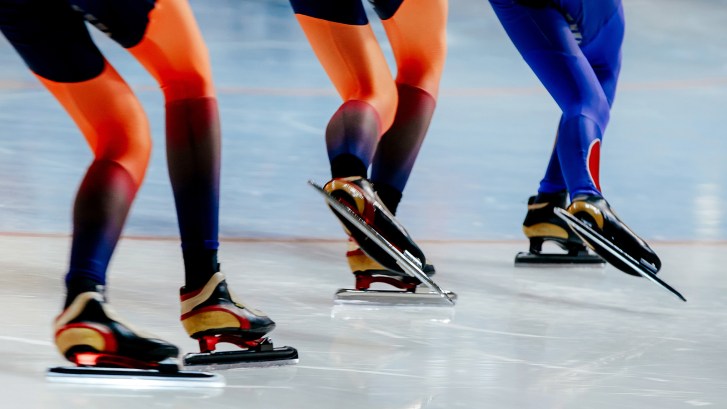
iStockphoto
Kim Yun-mi isn’t the youngest athlete to compete in the Olympics (that honor goes to Dimitrios Loundras, who was 10 years old when he competed as a gymnast for Greece in 1896).
However, Kim became the youngest athlete to win a gold medal when she competed for South Korea in the 3,000m short-track speed skating relay in Lillehammer in 1994 en route to topping the podium at the age of 13 years and 85 days old.
At the time, there were no rules governing the minimum age of speed skating competitors. However, the International Skating Union eventually rolled out a rule that set the threshold at 15 years old (which has since been raised to 17).
It’s worth noting Skateboarding has attracted a number of athletes close to Kim’s age; Zheng Haohao was 11 years old when she competed for China in 2024 while 14-year-old Australian Arisa Trew won a gold medal in Paris.
As a result, there’s a chance someone in that category (or possibly another) unseats Kim at some point in the future, but it’s still a pretty tall order.
Fastest 100m Sprint: Usain Bolt (9.63 seconds)
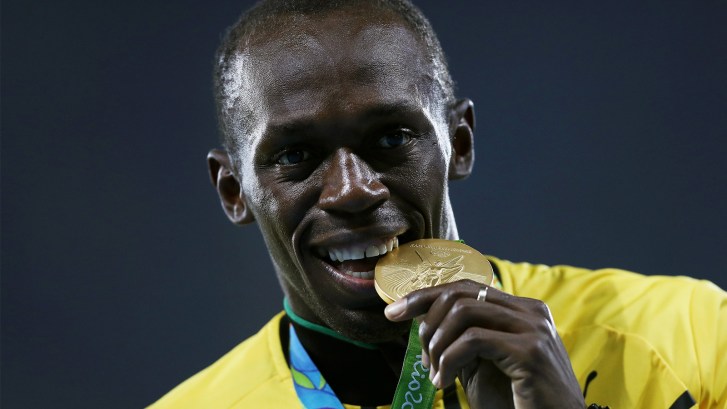
Getty Image
This is another Michael Phelps situation, as I’m going to assume most people reading this are very familiar with what Usain Bolt was able to achieve during his legendary career as a sprinter for Jamaica.
Bolt initially set a world record in the 100-meter dash in Beijing in 2008 with a time of 9.69 seconds despite slowing down toward the end of the race and having one of his shoelaces untied.
He set the world record that stands to this day the following year by running the race in 9.58 seconds at the World Athletics Championships.
He wasn’t able to top that mark at the Olympics in London in 2012, but he was able to set an Olympic record and win yet another gold with a time of 9.63 seconds.
Bolt was a generational sprinter, and there’s always a chance another emerges who’s capable of unseating him from his throne.
However, when you consider the winning times that have been posted at the Olympics since he retired after Rio in 2016 have been 9.83 and 9.79 seconds, other runners have their work cut out for them.
Highest Women's Pole Vault: Yelena Isinbayeva (5.05 m)
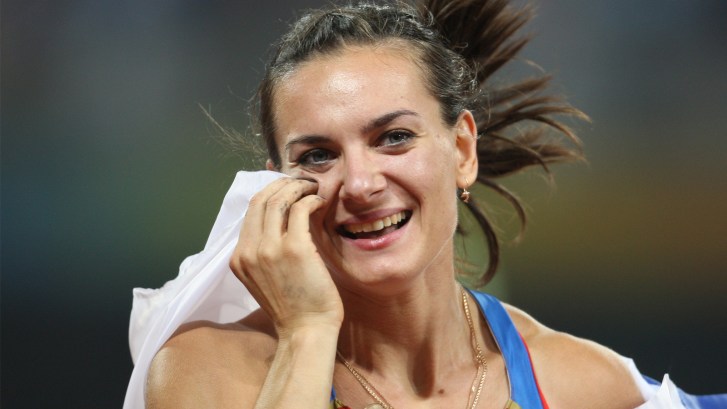
Getty Image
Russian pole vaulter Yelena Isinbayeva is considered the G.O.A.T. when it comes to the women who’ve competed in the sport, as she holds the Olympic record with the 5.05m jump she used to secure the gold medal in Beijing in 2008 before setting the world record with a 5.06m vault the following year.
How hard is that to beat? Well, the four women who’ve won a gold medal at the Olympics since Isinbayeva competed for the final time in 2012 (where she won bronze) have posted heights of 4.75m, 4.85m, and 4.9m (both in 2020 and 2024).
That means someone needs to be able to add around six inches to their vault, which isn’t out of the realm of possibility but is nonetheless a difficult mark to match based on how things have trended.